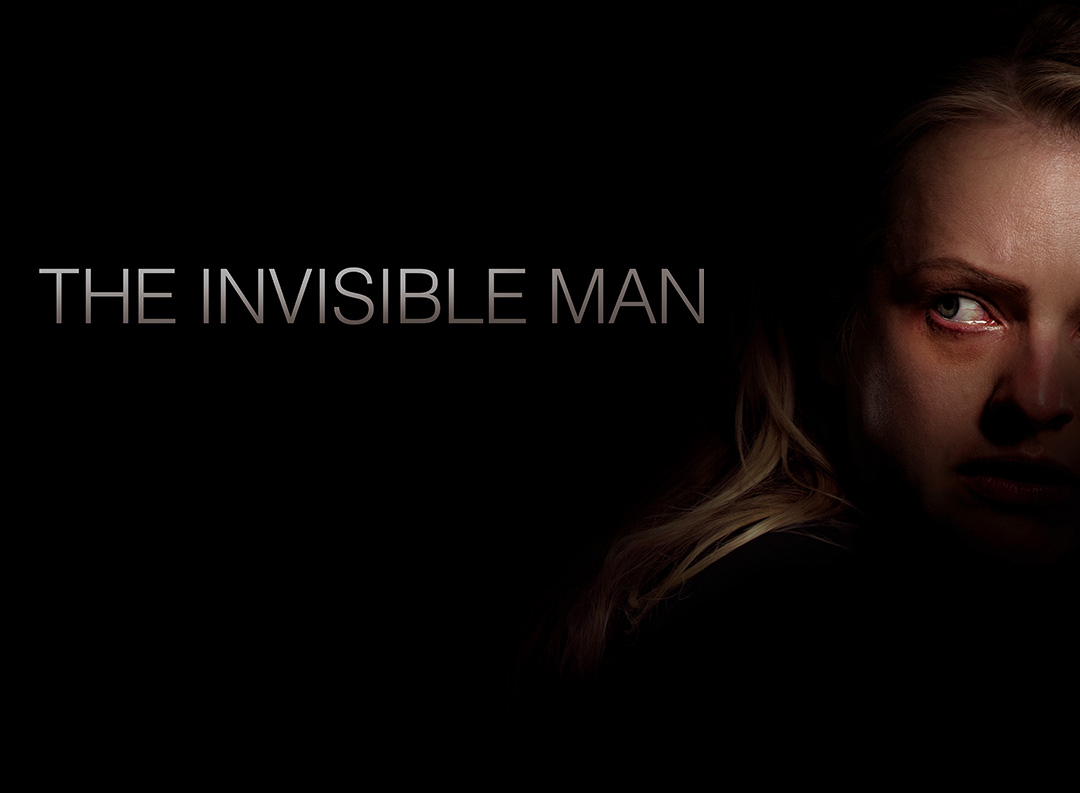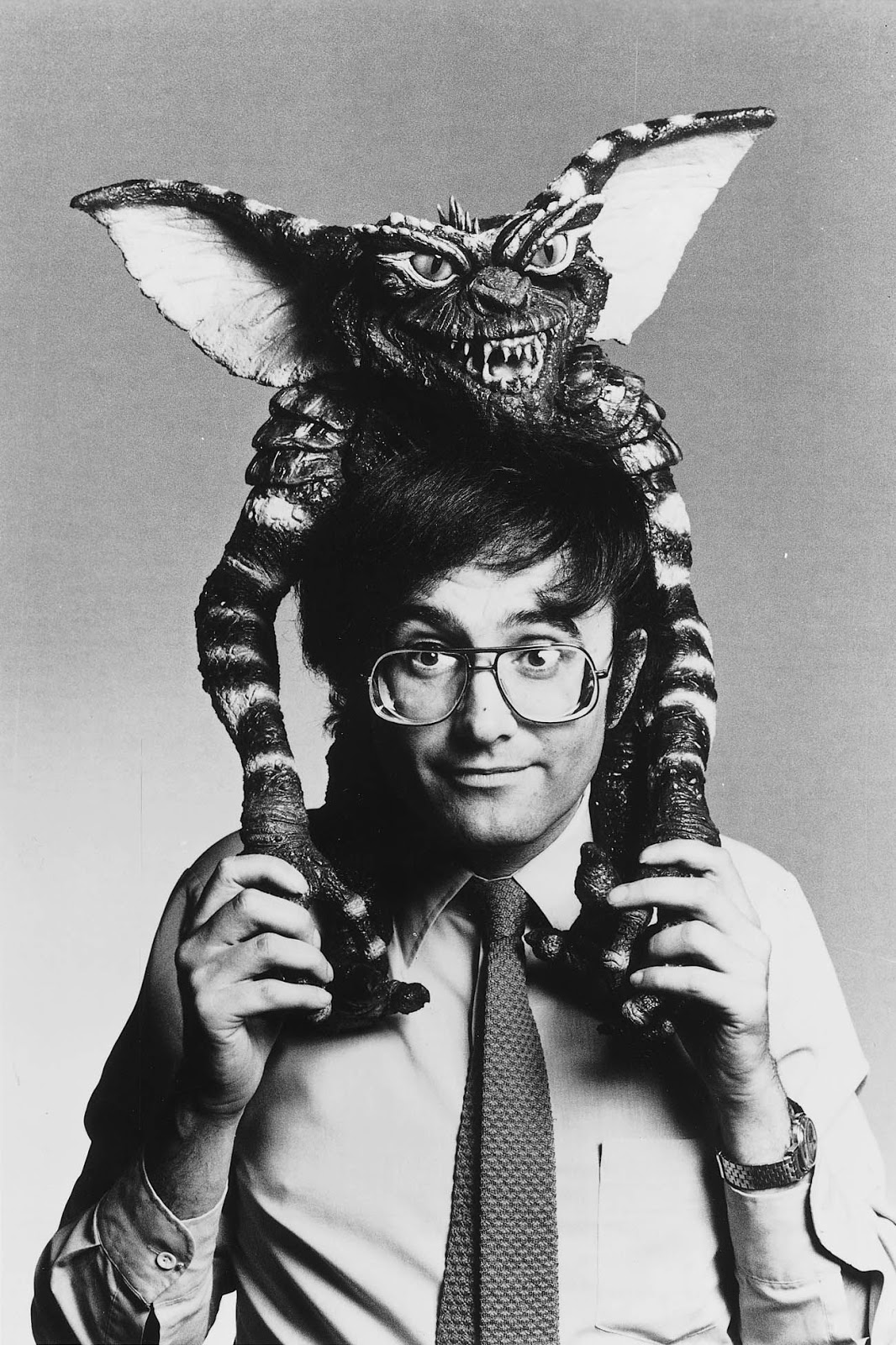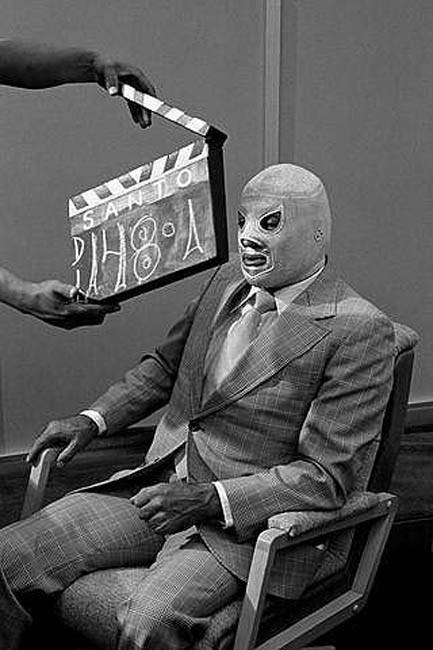Spoiler-Free Movie Review: THE INVISIBLE MAN (2020) - What you can't see...
Who wouldn't want to be invisible at times? If only to either observe life more freely, spy on friends and enemies, become a master criminal or wreak havoc without fear of reprisal.
Arguably, the internet provides a semblance of this, and many do abuse this power. But this isn't the point of this piece.
Invisibility isn't a new concept. Over 500 years ago, Plato told he tale of the ring of Gyges, which made its wearer invisible, (Not unlike Tolkien's One Ring) and allowed him to seduce a queen and kill a king.
In the Buddhist tradition, one of Buddha's closest disciples once used the power of rendering himself invisible to escape robbers. A decidedly more peaceful use of the skill.
Cloaks of invisibility, as well as helmets, have provided mythic heroes like Perseus or Alberich the opportunity to vanquish seemingly invincible enemies. Recently, of course, we remember Harry Potter concealing himself from view by wearing such a cape.
 |
In movies, the first instance of invisibility occurs in 1913, in A MESSAGE FROM MARS (J. Wallett Waller) where a visitor from space makes himself and a notorious miser invisible so they can see what terrible things are said about the latter, pretty much in the vein of Dicken's A CHRISTMAS CAROL where Scrooge is taken on a very similar journey.
But of course, James Whale's classic take on H.G. Wells' 1897 novel, THE INVISIBLE MAN (1933), starring the unforgettable Claude Rains., is the paradigm of this genre to which all will be measured, and which added the character in the growing stable of Universal Monsters and spawned a series of sequels where the doomed scientist eventually adopted a more benevolent attitude.
Since then, over 50 films have used the concept of invisibility to different levels of success, and filmmakers like John Carpenter (MEMOIRS OF AN INVISIBLE MAN, 1992) and Paul Verhoeven (THE HOLLOW MAN, 2000) tried in their own ways to actualize the theme. In the latter film, Kevin Bacon's Sebastian will use his gift for molesting a neighbor and terrorizing his ex-girlfriend, something reminiscent of the approach the new film by Leigh Whannell uses. To quote Sebastian: ''It's amazing what you can do when you don't have to look at yourself in the mirror anymore.''
After the unmitigated disaster that was Alex Kurtzman's 2017 take on THE MUMMY, starring Tom Cruise and meant to be the starting point to a Marvel-Like DARK UNIVERSE where the classic Universal Monsters would join in a series of adventures, pretty much like they did in the thirties and forties. Johnny Depp was already signed up for a new version of THE INVISIBLE MAN, as a matter of fact.
But that plan having crashed loudly, Universal abandoned that idea altogether, but still intended on updating its famous monsters for a new generation, starting with a decidedly modern and resonant take on H.G. Wells' 1897story of a man slowly descending into madness after finding a way to turn invisible.
In Leigh Whannell's latest spin on THE INVISIBLE MAN, Adrian Griffin is already unhinged from the very start, as the film focuses instead on his abused wife trying to free herself from his violent clutches. The first scene establishes early on the tension that persists admirably through the film, as Griffin's wife Cecilia (played with impassioned angst by Elisabeth Moss) attempts a delicate escape, tiptoeing her way across the vast mansion, trying to avoid waking her husband. The camera pans from Moss to an empty corridor, and pans back to Moss, already setting the stage for the fear of (apparently) empty spaces, something the film will exploit flawlessly later on, as news of Griffin's death reaches a terrorized Cecilia, who becomes convinced he has returned to torment her as an invisible man.
 |
| The opening scene of THE INVISIBLE MAN, a masterclass in suspense storytelling, and a showcase of Elisabeth Moss' monumental acting chops. |
Director Whannell decided wisely to set up the stage with just showing the terror in Moss' expressive eyes as she tries to leave. It says it all. Nothing needs to be added. Whannell explained it well to The Hollywood Reporter.
“We did get that note along the way. In test screenings, one thing we would hear was, ‘Well, I need to see more,’ There almost seemed to be this need or a request for that scene of ‘Let’s spend five minutes with them before she escapes.’ And I just didn’t want to write that scene where it’s like, ‘You call these dishes clean!? (Whack.)’ I’m never going to be able to write a scene that will make Adrian as scary as the audience can make him. In my mind, I hoped that Cecilia’s reactions and the way she was acting told you everything you need to know.”
The abused wife subtext couldn't be more timely after the whole #MeToo movement shook the world in recent years and brought to light a very real problem that is a long way from vanishing. And that undertone is all the more potent when considering the following implications the film makes very clear.
First, Griffin's character is invisible,in the very same way that cases of abuse are often left unseen, or ignored. No matter how hard the victim (in this case Cecilia) tries to contact the authorities, she is met with scorn or disbelief, which is too often the case with abuse victims. Even her friend James who is a cop, refuses to believe her and pretty much accuses her of being hysterical.
 |
| Aldis Hodge as James Lanier, coming to terms with the fact there may be truth behind his friend's Cecilia's notions of an invisible tormentor. |
Second, it's no coincidence that Griffin is a wealthy man, and his brother who is his closest ally is a lawyer. Men with power, from Weinstein to Trump, have often desecrated their influence in order to abuse women freely, and the victims of sexual abuse often find a deaf hear from the law. Cases like Cosby's or Weinstein where justice seems to have prevailed, are sadly more the exceptions than the rule.
Director Whannell creates here one of the best horror films of the last decade, as well as one of the finest variation on Wells' novel, even though it suffers from a couple of lacks in logic near the end as Griffin's game-play is revealed. However Whannell proves once again his mastery in the realm of the technological thriller, after his terrific 2018 entry in the genre, UPGRADE, (The film BLOODSHOT should have been.) redefined the low-budget super-hero genre at the same time, with the same kind of soul-crushing twist he had written for SAW back in 2004.
Making the most of a small budget, and able to make any empty spaces a potential threat instead of elaborate special effects, all the while exploring relevant themes that will make the viewer think, THE INVISIBLE MAN will stay with you for a long time.
But these days, as we all huddle in our homes, quarantining ourselves as the Covid-19 pandemic spreads across the land, the dread of an invisible foe that forces us to hide into our own dwelling, hoping it ultimately dies out, is also all too familiar.





Comments
Post a Comment